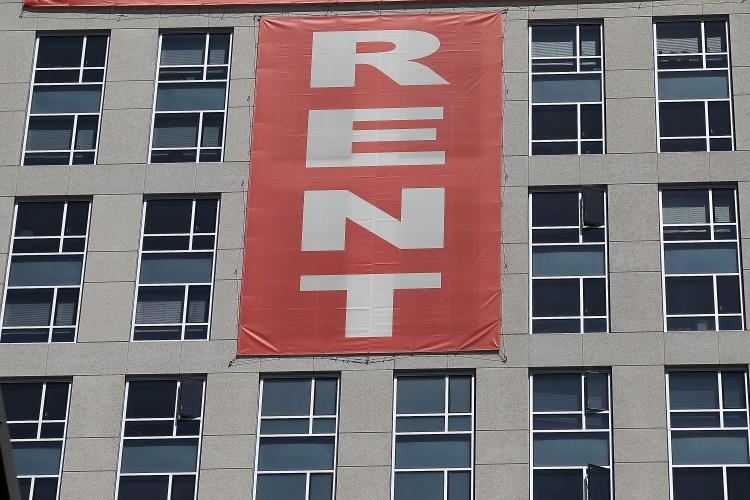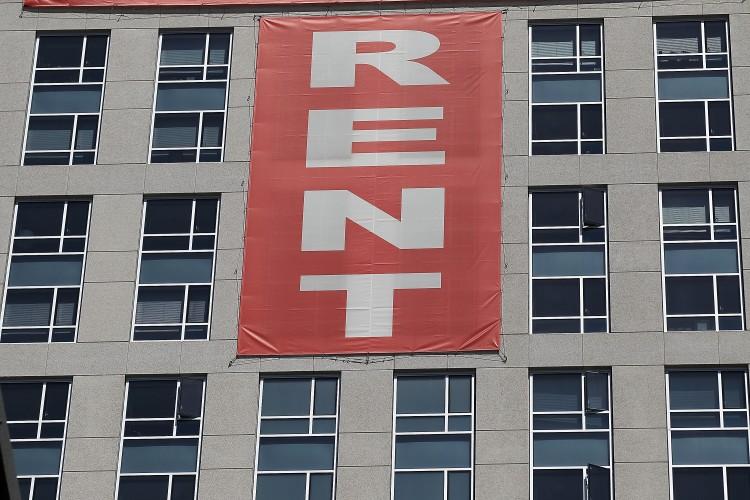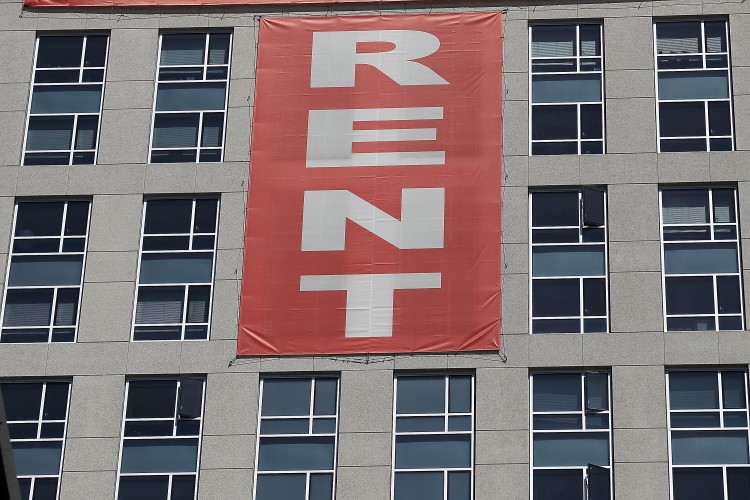SAN FRANCISCO—Some owners of tenancies in common (TIC) units have to wait up to 18 years to convert their units into condominiums under current law in the city. A condo conversion ordinance that has been stalled since the end of January may yet speed up the process.
The Land Use and Economic Development Committee of the San Francisco Board of Supervisors decided Monday to postpone for a third time a vote on the controversial legislation, until March 25.
“We need a little more time,” said Board President David Chiu Monday. Chiu and other supervisors have been in negotiations with tenant groups, who are opposed to the ordinance in its current form, and TIC owners, to find a workable compromise.
The Condominium Conversion Impact Fee ordinance, when approved by the full Board, would give 2,000 TIC owners, after paying a fee of up to $20,000, the option to bypass a lottery system and convert their units into a condominium.
TIC is a shared form of building ownership and comes with less desirable financing conditions—such as higher interest rates—than with condos.
The number of conversions is capped at 200 a year. According to the Department of Public Works, this year 2,500 units have been seeking conversion, leading to a significant backlog.
The option with fee, reduced for each year of waiting in the lottery, applies only to those buildings that are eligible to take part in the lottery but were not selected in 2012 or 2013.






